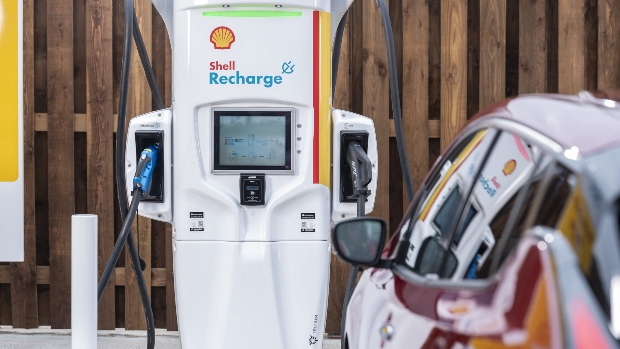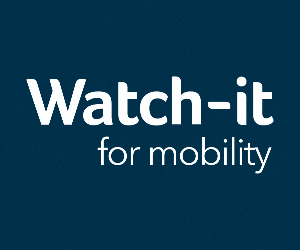Greater emphasis is being placed on the quality of the overall charging experience, according to new research from the 2024 Shell Recharge Driver Programme.


The 2024 Shell Recharge Driver Programme looked at the views of 33,696 drivers across Europe, China, and the USA and, for the first time, non-EV drivers were also surveyed.
Around two-thirds (59%) of European EV drivers and more than seven in ten among those in the U.S. (76%) and China (72%) would be willing to travel further to a site that offered superior amenities such as faster charging, retail options and dining facilities.
With charging infrastructure exceeding demand in some markets, this emerging trend in EV charging behaviour that could dampen utilisation rates for Charge Point Operators who don’t prioritise experience.
David Bunch, Global Executive Vice President of Shell Mobility commented: “The willingness to drive further for a better charging experience shows the value consumers place on reliability and efficiency. Today’s drivers aren’t just looking for a charge, they also want an experience that enhances their overall journey. With further investment in fast public charging and improvements in convenience retail and dining options on site, we can ensure that consumers feel like they are making the most of their charging time.”
In addition to driving further for a better charging experience, three-quarters of drivers in the U.S. (79%) and China (78%) would be willing to pay a premium for a faster experience, according to the report.
“Customer expectations on EV charging are rapidly evolving,” Bunch continued: “Charging time is precious time and this is a huge opportunity for the industry to help accelerate the transition to electric mobility.”
The 2024 Shell Recharge Programme also found that:
- The majority of EV drivers surveyed in Europe (97%), USA (82%) and China (90%) now say that their EV is their main (or only) vehicle.
- A growing second-hand market is further bolstering demand for charging services with non-EV drivers who would consider an EV as their next vehicle in Europe (65%) and the USA (71%) saying they would consider a second-hand EV.
- In each region surveyed, EVs were more likely to be fleet vehicles when compared to internal combustion engines (ICE): in Europe (35% EV vs. 24% ICE), in the USA (54% EV vs. 20% ICE) and in China (42% EV vs. 33% ICE)
The research also revealed a notable increase in EV drivers range confidence in the last year. Promisingly, more than half of EV drivers across Europe (56%), China (73%) and the U.S. (69%) worry less about range than they did a year ago, according to the data.
The data also showed the experience of driving an EV exceeded expectations when comparing current and prospective drivers; with only 23% of European EV considerers expecting to enjoy driving an EV, whereas 67% of EV drivers stating the driving experience was a main benefit for them. This was also true of drivers in China (24% expect vs 35% reality) and the U.S. (17% expect vs. 36% reality).
Bunch stated: “Improved range confidence has become a gateway to a newfound freedom and EV drivers now feel empowered to explore new routes and destinations. The reduced range anxiety has transformed their overall experience, allowing drivers to focus on the joy of the journey.”
Whilst the data showed that drivers are reaping the benefits of their EV and becoming more range confident, a notable knowledge gap still exists for many non-EV drivers. According to the research, for non-EV European drivers, around half (47%) are open to purchasing an EV, but this figure drops to just 39% for those who are not as knowledgeable about the charging process.



